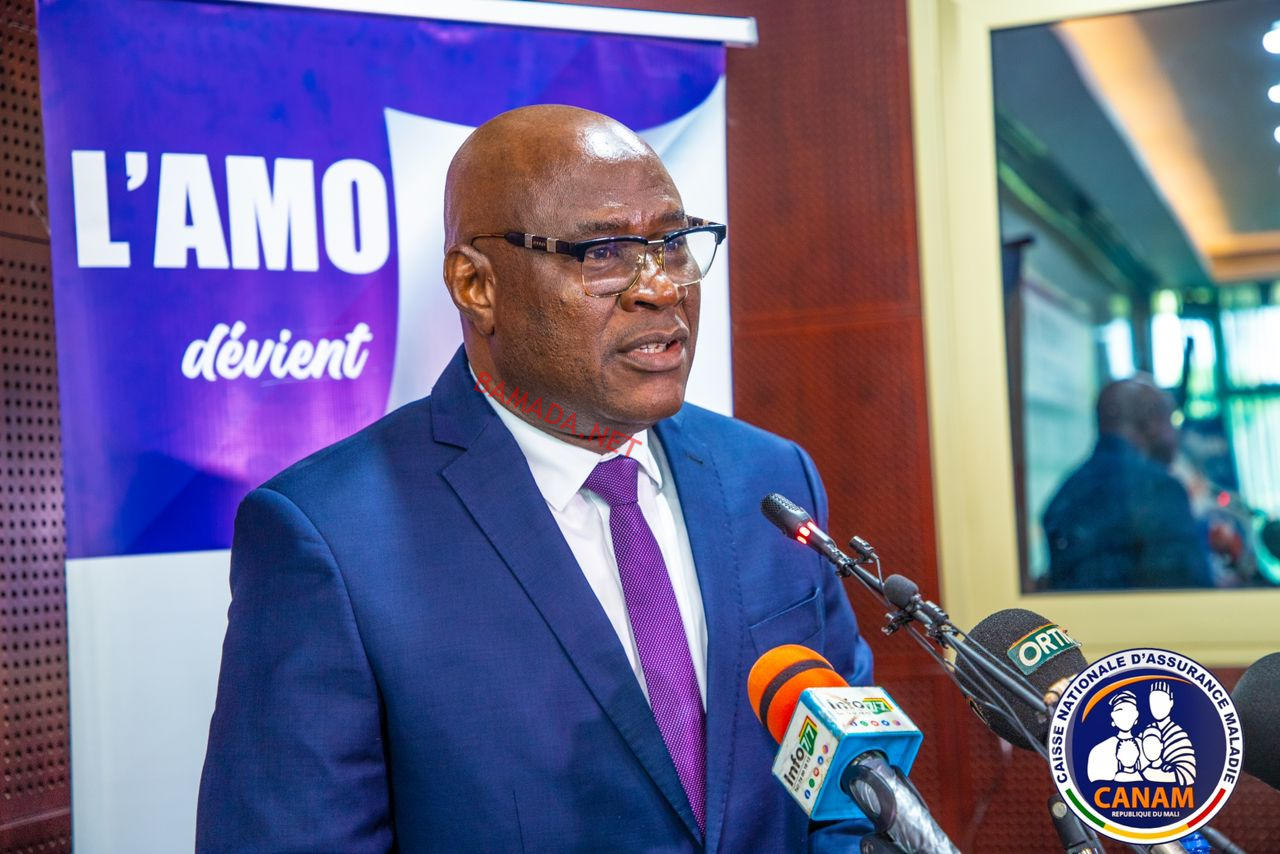Since 2015, the Government of Mali has been engaged in a process that will make it possible to set up, from 2018, a social protection system against the risk of illness for the benefit of the entire Malian population.
The introduction in 2009 of the Compulsory Health Insurance (AMO) and the Medical Assistance Scheme (RAMED), respectively for civil servants, workers, members of parliament, pensioners and their dependents on the one hand, and the destitute and other entitled beneficiaries on the other, has enabled Mali to initiate a health coverage system based on solidarity and risk pooling for certain categories of the population.
The same is true of the guarantees offered by mutual health insurance schemes and various forms of “legal gratuity”.
In 2021, AMO, RAMED, mutuality and private insurance companies will cover around five million nine hundred and eleven thousand three hundred and sixty (5,911,360) people out of an estimated population of twenty-one million one hundred and twelve thousand (21,112,000), i.e. 28% of the total population. As a result, over fifteen million two hundred thousand six hundred and forty (15,200,640) people are not covered by any health insurance scheme.
The introduction of RAMU is intended to break down the fragmentation of existing health risk coverage schemes (AMO, RAMED, Mutualité and gratuités), to offer policyholders high-quality, attractive health services.


